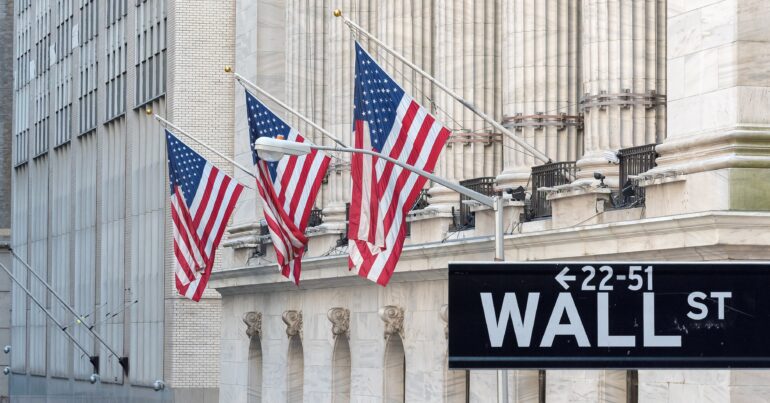TL;DR:
- Wall Street is captivated by the artificial intelligence (AI) craze in 2023.
- OpenAI’s large-language model, ChatGPT, triggered an AI race, with Google introducing its own chat box, Bard AI.
- Companies without direct AI ties are now associating themselves with AI to attract investors.
- Kroger sees AI as a means to streamline customer surveys and enhance the shopping experience.
- Tyson Foods believes AI can benefit its operations but doesn’t provide specific details.
- Johnson Controls sees AI as a tool to navigate a volatile macroeconomic environment.
- The promise of AI has led to stock gains, especially in the tech-heavy Nasdaq Composite.
- Investors will ultimately determine the genuine beneficiaries in the AI market.
Main AI News:
The Wall Street of 2023 has been consumed by the frenzy surrounding artificial intelligence (AI). This madness can be traced back to November of the previous year when OpenAI unleashed its now infamous large-language model (LLM) known as ChatGPT. With impressive capabilities, this tool sparked an AI race, prompting rival Google to announce its own chat box, Bard AI, just months later.
However, the enthusiasm didn’t stop there. Investors started pouring their funds into stocks that offered exposure to AI, resulting in notable gains for companies such as C3.AI, chipmaker Nvidia, and even Tesla, despite the overall tense macroeconomic environment. Just like “blockchain” and “dotcom” before it, AI has become the buzzword that companies are eager to associate themselves with.
Now, even companies with no direct historical connection to artificial intelligence are jumping on the bandwagon, touting the technology during conference calls with analysts and investors. Kroger, a well-known supermarket chain, proudly highlights its “rich history as a technology leader,” with CEO Rodney McMullen asserting that the company is well-positioned to leverage the rise of AI. McMullen specifically mentions how AI can streamline customer surveys and expedite the implementation of data-driven insights in Kroger stores.
Tyson Foods, the second-largest global producer of chicken, beef, and pork, also sees potential in the AI craze. Although CEO Donnie King doesn’t provide specific details, he believes the company can benefit from the surge in investment and excitement surrounding artificial intelligence. Tyson Foods aims to enhance its digital capabilities, utilizing data, automation, and AI technology to drive decision-making processes.
Meanwhile, HVAC equipment producer Johnson Controls believes that artificial intelligence can help navigate through a volatile macroeconomic environment. CEO George Oliver acknowledges AI as a valuable tool, particularly for expanding services regardless of the economic cycle. While he doesn’t elaborate on the specifics, Oliver hints at the potential of AI during the company’s recent earnings call.
The promise of artificial intelligence has propelled stock prices higher as Wall Street enters the second half of the year. For instance, the tech-heavy Nasdaq Composite has already experienced a significant 16% surge since January. However, as AI continues to disrupt various industries and threaten widespread job automation, the true beneficiaries and those merely riding the hype will ultimately be determined by investors in the long run.
Conclusion:
The AI frenzy has gripped Wall Street, with companies across various sectors eager to align themselves with this transformative technology. The race to leverage AI capabilities has prompted companies to tout its potential during investor calls, signaling their commitment to innovation and adaptation. While some companies outline specific use cases for AI, others mention it more broadly as a tool for future growth. The market response has been positive, with stock prices rising as investors anticipate the impact of AI on these companies’ performance. However, as the AI landscape evolves, investors will need to carefully evaluate the genuine beneficiaries and distinguish them from those merely riding the hype.

